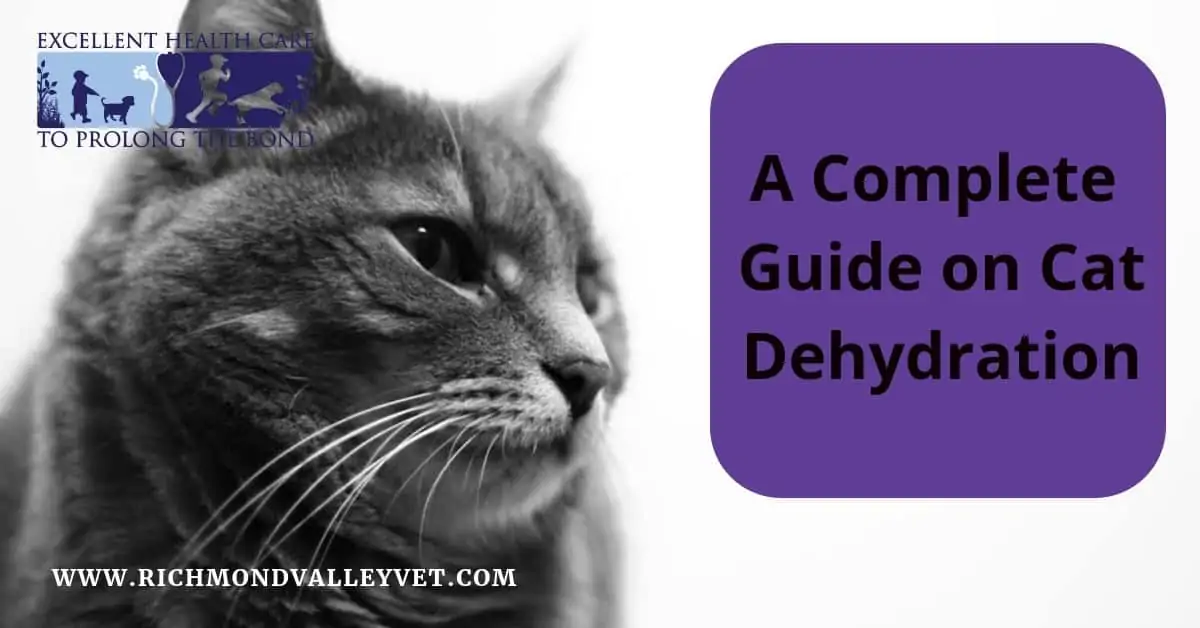
At times your cat can seem lethargic or with sunken eyes. if a loss of appetite or constipation accompanies such symptoms, your cat might be suffering from dehydration.
As in humans, dehydration in cats is the scarcity of water and electrolytes in the body. As per the experts, a body of a healthy cat is 80% water, which is essential for carrying out all the necessary metabolism including digestion and excretion.
Although not common, if not diagnosed and treated at the right time, dehydration in cats can become a life threatening. Let us take a peek at the symptoms, causes and treatment options for cat dehydration.
Causes of cat dehydration
The potential cause of dehydration in any organism is the loss of water in excess or the lack of water intake.
The scenarios that lead to cat dehydration due to loss of water are:
- Overheating, especially during hot weather
- Medical condition like diabetics, diarrhea or anything affecting kidney can cause the cat to urinate more frequently
The scenarios that lead to cat dehydration due to lack of water intake are:
- Choosing dry food for your cat over wet food
- Allergy or any health issues which discourages your cat to consume water
Symptoms of cat dehydration
Some of the major symptoms of cat dehydration are:
- Sturdy skin
- Loss of appetite
- Constipation
- Increased or decreased appetite to water
- Dry mouth
- Sunken eyes
Diagnosing cat dehydration
A popular means to diagnose dehydration in cats is via a capillary test. This test is performed by pressing your finger against your cat’s gum. Press for three seconds and remove your finger to see a white patch.
The severity of dehydration is calculated by the time it takes for the white patch to turn back into pink (normal colour of your cat’s gum). If it takes more than four seconds for the white patch to turn into pink in colour, your car is fairly dehydrated and you need to take her to a veterinarian immediately.
Treating cat dehydration
You can treat mild or moderate dehydration in cats by confining her indoors and providing access to plenty of fresh water.
Treating severe dehydration (loss of more than 10% water) requires professional assistance. Take your cat to a veterinarian who can perform detailed tests to sort out the underlying issue. On some occasions, the veterinarian will advise you to administer fluids to your cat at home.
You might even be required to administer the fluids via needles, which a professional veterinarian can show you how.
Promoting cat water intake
If your cat refuses to consume water, you can try and make it more appealing by adding juice of his favorite treat like tuna.
Switch her diet from dry to wet and ensure that she has access to plenty of fresh water. Change the water and wash the bowl frequently to keep it free of bacteria or any other infections.
If your cat is recovering from diarrhea or any other medical condition, do not overhydrate her. Start by giving her small amounts of water and gradually increase the portion.
Keep an eye on your cat’s interest towards the water at all the time and watch out for any of the symptoms to prevent concerns of cat dehydration.
